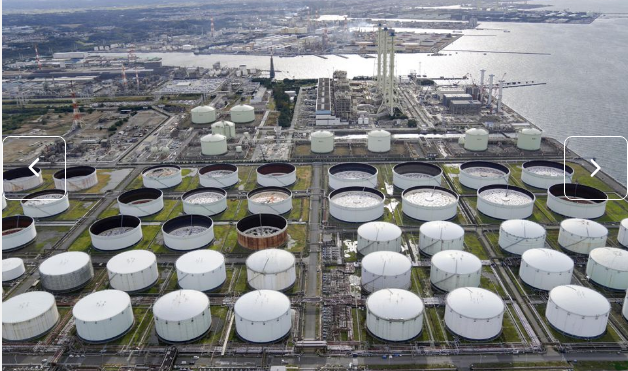
Oil prices were broadly steady on Friday but on track for a weekly decline on fears of sharp interest rate increases expected to curb global economic growth and fuel demand.
Brent crude futures were up 25 cents, or 0.3 per cent, at $91.09 a barrel by 0921 GMT but were down 1.9 per cent for the week.
U.S. West Texas Intermediate (WTI) crude futures gained 11 cents, or 0.1 per cent, to trade at $85.21, down 1.8 per cent this week.
Both benchmarks are headed for third consecutive weekly losses, hurt partly by a strong U.S. dollar, which makes oil more expensive for buyers using other currencies. The dollar index held near last week’s high above 110.
In the third quarter so far, both Brent and WTI are down by 20 per cent for the worst quarterly percentage declines since the start of the coronavirus pandemic in the first three months of 2020.
Investors are bracing for an increase to U.S. interest rates, with the market also rattled by the International Energy Agency’s outlook for almost zero growth in oil demand in the fourth quarter owing to a weaker demand outlook in China.
“Both the IMF and World Bank warned that the global economy could tip into recession next year. This spells bad news for the demand side of the oil coin and comes a day after the IEA forecast (on) oil demand,” said PVM analyst Stephen Brennock.
“Recession fears coupled with higher U.S. interest rate expectations made for a potent bearish cocktail.”
Other analysts said sentiment suffered from comments by the U.S. Department of Energy that it was unlikely to seek to refill the Strategic Petroleum Reserve until after the 2023 financial year.
On the supply side, the market has found some support on dwindling expectations of a return of Iranian crude as Western officials play down prospects of reviving a nuclear accord with Tehran.
Oil prices could also be supported in the fourth quarter by possible OPEC+ production cuts, which will be under discussion at the group’s October meeting, while Europe faces an energy crisis driven by uncertainty on oil and gas supply from Russia. – reuters.com




